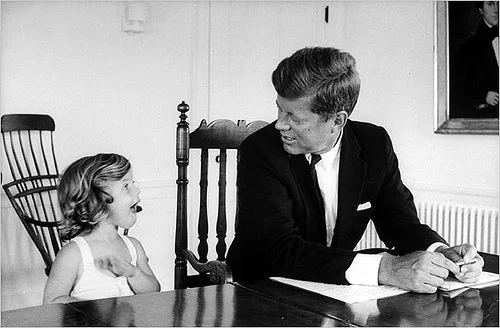The Angolan Civil War was a major civil conflict in the Southern African state of Angola, beginning in 1975 and continuing, with some interludes, until 2002. The war began immediately after Angola became independent from Portugal in November 1975. Prior to this, a decolonisation conflict had taken place in 1974--75, following the Angolan War of Independence. The Civil War was primarily a struggle for power between two former liberation movements, the People's Movement for the Liberation of Angola (MPLA) and the National Union for the Total Independence of Angola (UNITA). At the same time, it served as a surrogate battleground for the Cold War, due to heavy intervention by major opposing powers such as the Soviet Union and the United States.
Sunday, 2 September 2012
Emilio de Antonio - An American Champ
Never confuse my criticism of the United States as anything other than a love for what America does better than anyone else on the planet. I can't believe my luck that there are four episodes of Emilio de Antonio on "Alternative Views" on Youtube.
Emilio de Antonio is interesting because he grew up in the Kennedy milieu in fact he was a class mate of Kennedy at Harvard.
We now know that the Bush dynasty had a much more important role in the death of JFK but Emile de Antonio's work stands tall as among the first to question authority.
Labels:
barack obama,
conspiracy,
jfk
A Cover Of "Call Me Maybe" By Two Geordie Girls
Lovely girls and a fun cover by May Arcade.
Geordies are among the best people in the UK. If I had to move back it would need to be near Newcastle.
Subscribe to:
Comments (Atom)




